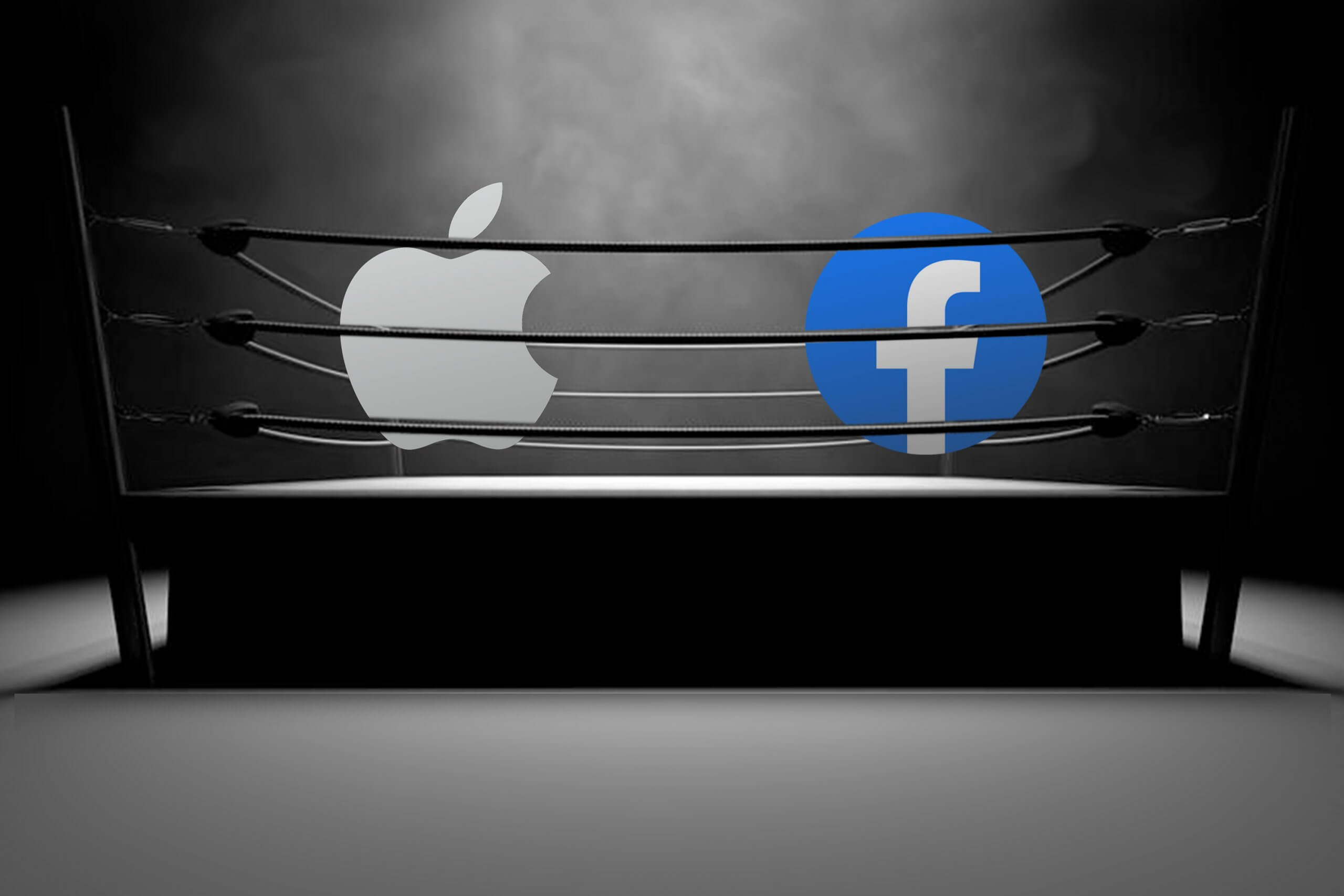In 2020, Apple announced its new product and policy changes at the annual Worldwide Developers Conference (WWDC). The announcement happened back in June last year. However, you might not be familiar with it as Apple later decided to push back the changes until early 2021.
Well, 2021 has begun, and the tech giant has decided that it is now the right time to roll out its new software update, which will be available in iOS 14. Known as the Identifier for Advertisers (IDFA), the latest update will require apps to obtain permissions from users before tracking their online activity. IDFA is a unique, random and resettable device identifier (ID) assigned to iOS users.
Privacy is one of Apple’s most well-known core values, and its products include features with innovative privacy techniques. The privacy policy is to minimize and prevent the amount of information accessed by anyone other than the user. After all, their website claims that they believe privacy is “a fundamental human right”.
Apple has incorporated plenty of privacy technologies and functions into many of its in-built apps. These include (but are not limited to):
- Safari
- Maps
- Photos
- Siri
- iMessage
- Wallet & Apple Pay
Listing what privacy technology each app has would take too long and be too much to digest for our short article, so we’ve taken the liberty of linking you to Apple’s website here where they explain in detail how each of their apps protects your privacy.
So what’s the big hoo-ha over Apple’s latest update?
Facebook’s stance
In response to the upcoming iOS update, Facebook ran a few full-page newspaper advertisements attacking Apple’s plans for IDFA and data sharing in December 2020. Claiming to speak on behalf of small businesses, Facebook continued its protests further by publishing a few blog posts and even set up a new website — all in a bid to pressure Apple to retract its pending update as well as to inform everyone of the consequences this might have.
In December 16th 2020, specifically, Facebook listed 5 points that will be limited by the new update from iOS 14, which are:
- Effectively deliver ads to people based on their engagement with your business
- Measure and report conversions from specific customers
- Ensure your ads shown to the most relevant audiences at the right frequency
- Accurately attribute apps install to people using iOS 14 and later
- Predict and optimize cost per action over time and efficiently allocate budgets for ads
According to Facebook, such an update will ultimately benefit Apple as small businesses rely on their ability to run personalized ads to survive. Small businesses could see a cut of up to 60% of their website sales from ads since general ads would be less effective than personalized ones. These businesses would turn to charging consumers for subscription fees or adding more in-app purchases to make ends meet.
Therefore, Apple stands to gain from this as it collects commissions from its app store, as per its policy. Furthermore, Apple’s personalized ad platform excluded from its new software update, which only benefits Apple themselves. Not to mention, a subscription-based internet would reduce the quality of free-content and make the internet more expensive.
Facebook has also hosted three webinars to help web and app advertisers prepare for this change, which anyone could sign up for:
- Monday, January 11th: Our Stance on Apple’s iOS 14 Policy Requirements and Guidance to Help You
- Tuesday, January 12th: Web Advertising Guidance for Apple’s Mobile Operating System Changes
- Thursday, January 14th: App Advertising Guidance for Apple’s Mobile Operating System Changes
“We disagree with Apple’s approach and solution, yet we have no choice but to show Apple’s prompt. If we don’t, they will block Facebook from the App Store, which would only further harm the businesses and users that rely on our services. We cannot take this risk on behalf of the millions of businesses who use our platform to grow.”
Apple’s stance
Apple denounced Facebook’s protests in a statement by claiming that the App Tracking Transparency in iOS 14 does not require Facebook to change its approach to tracking users and creating targeted advertising. It merely requires them to give users a choice.
Interesting enough, users have always been able to opt-out of IDFA tracking, though it is not a well-known fact as the process to do so is rather complicated and difficult to find. With the new update, IDFA will become opt-in rather than opt-out by prompting users to allow tracking. An example of such a prompt can be seen below where users will tell exactly what information an app wishes to tap into.
This kind of consent interface is not new, particularly for iOS users. It is also replicated for other permissions such as when an app requests access to your photos, camera, microphone or location. Adding third-party tracking to that list helps protect users from abuse by allowing them to control what each app they use can and should access. AppTrackingTransparency preferences can be set for each app individually or for all apps, depending on the user.
Facebook’s attempt to call Apple out for uprooting small businesses can be seen as hypocritical by some. The media giant has recently faced backlash over the lack of support for small businesses regarding their Facebook Help Centre. Of course, with 10 million advertisers on Facebook, it is inevitable for them to turn to automation to answer the many questions it receives a day.
Additionally, Covid-19 has reduced its regular staff capacity when more businesses than ever are turning to the platform for their promotional efforts. While this may not necessarily be Facebook’s fault, its stance against Apple’s IDFA has many raising questions on how much the media giant actually cares about small businesses.
Top that with the fact that Facebook has a poor track record of anti-competitive behaviour and privacy issues and you might start to side with Apple on their pro-privacy policy changes.
Conclusion
While Apple’s new software changes might seem to be a radical leap, it may not necessarily result in negative consequences in the long run — even for small businesses. After all, the advertising industry has long promoted the notion that personalized and targeted ads are better.
However, several studies have shown that most of the money made from targeted advertising does not in fact reach the creators of the content, including the app developers. More often than not, the profits end up in the pockets of data brokers — companies that collect or buy your personal information to sell it to others.
In reality, small businesses cannot compete with large ad distribution networks, the ones who really get to control the ad industry. Since targeted advertising is seen as superior to other methods of reaching customers, anything else will inherently command less value on ad markets.
This not only means that ads have a lower ad value if they aren’t targeting users, but it also drives the flow of money away from innovation that could otherwise bring us different advertising methods that don’t involve invasive profiling and targeting.
As an example, non-targeted ads such as “contextual” ads could be a good alternative — if only more research and development were done to optimize it. These are ads based not on your personal information but only on the content of the webpage you are visiting at the time.
Of course, there could just as well be a short-term solution to all this — personalized advertising and privacy do not have to be at odds with each other. Small businesses who are worried about the immediate effects such an update might have on them can only hold on to the hope that both Apple and Facebook can find a middle ground for all of this.







 Branding
Branding Digital Strategy
Digital Strategy PR & Communications
PR & Communications